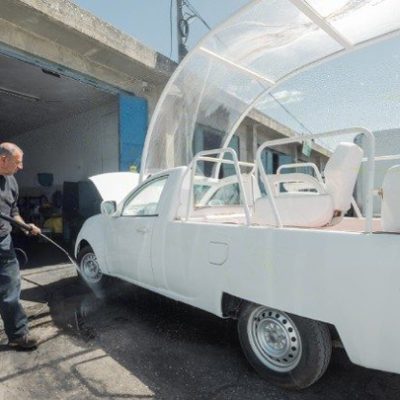
Complaints without any desire to do anything about the situation are poison, Pope Francis said yesterday. Source: CNS
Complaining can be “a poison to the soul, a poison to life” and “almost a sin” when it prevents people from building and strengthening “the desire to move forward,” he said during his weekly general audience in St Peter’s Square.
The Pope continued his series of talks about discernment by reflecting on the role of desire in discovering what one truly wants or needs in his or her life.
Desire, he said, “is the compass to understand where I am and where I am going,” and it can indicate whether a person has just given up and is “standing still”.
It is important to be able to recognise sincere desire, which is not a momentary craving, but is something that “knows how to touch deeply the chords of our being, which is why it is not extinguished in the face of difficulties or setbacks,” he said.
A sincere desire is what helps people embark on “a successful, coherent and lasting project,” he said.
Modifying a popular saying, Pope Francis said the road to hell is paved with good intentions and no action.
“The era in which we live seems to promote the maximum freedom of choice, but at the same time it atrophies desire,” the Pope said.
“We are bombarded by a thousand proposals, projects, possibilities, which risk distracting us and not allowing us to calmly evaluate what we really want … Desire cannot grow in this way.”
But, the Pope said, “by engaging in dialogue with the Lord, we learn to understand what we truly want from life”.
FULL STORY
Complaints, coupled with inaction, are poison, Pope says (By Carol Glatz, CNS)






